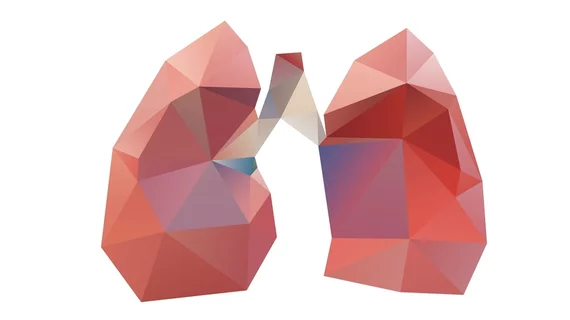AI IDs lung tumors from MRI scans better than other methods
A new AI algorithm developed by researchers at the University of Alberta in Edmonton, Alberta, Canada, can identify lung tumors from MRI scans faster than other advanced methods. It could also help reduce damage to healthy tissue when patients undergo radiation treatment.
"The tumor regions in scan results can be very subtle, and even once identified, need to be tracked over time as the tumor moves with breathing," co-author Pierre Boulanger, PhD, Cisco Research Chair in Healthcare Systems at the University of Alberta, said in a news release. "The new algorithm is able to combine many possibilities to find the best descriptors to identify unhealthy regions in a scan."
The team's findings were originally presented in July 2018 at the IEEE Engineering in Medicine and Biology Society annual meeting in Honolulu, Hawaii. Boulanger and colleagues trained their deep learning-based convolutional neural network with a set of more than 600 lung MRI scans used previously by physicians to identify malignancies.
From the images, the algorithm learned the appearance and properties of a lung tumor and was then tested for accuracy with scans that may or may not contain tumors.
Overall, the algorithm outperformed other advanced techniques in every evaluation measure the researchers used. The team noted, however, that the goal of such research is to improve patient care, not just replace specialists altogether.
“These tools are designed to improve medical outcomes alongside a skilled professional, and to help to make the process faster," Boulanger said. “Medicine, as a field, is always looking to go further and improve the quality of care for patients. Neural networks are a tool that can help that goal.”

